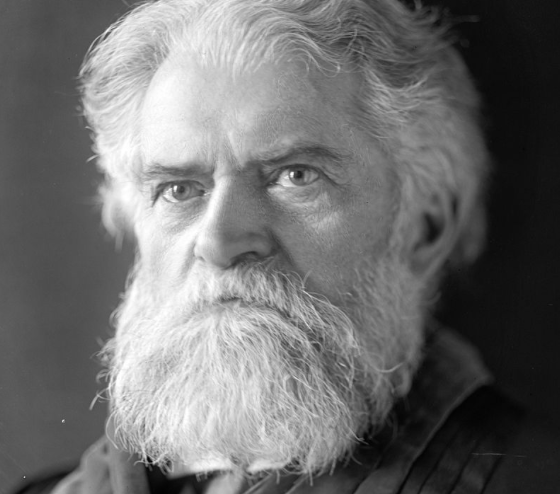“Although we may consider society as an organism, we must not carry the analogy with living organisms too far. There is one very important point in which society or the social organism differs from a plant or animal. We think of every plant and animal as having an individuality of its own, distinct from the conglomeration of organs which form it. Moreover, we cannot add to or subtract from the parts of the plant or animal without detracting from its character. A man cannot have three legs, and if he has only one he is imperfect. But there is no such completeness in the social organism. We can add new men to any extent, or we may divide a country into two without changing the character of the organism. In other words, it has no such attribute as individuality. By assigning such an attribute to it, and giving it a name, we may be led into confusion of thought. The people of each country and of each city may be considered to form a separate organism, but at the same time steam transportation has brought most of the world into such close communication that we may consider all these little organisms as parts of a great one, including the whole human race.”
Simon Newcomb, Principles of Political Economy, 1886, p. 8
